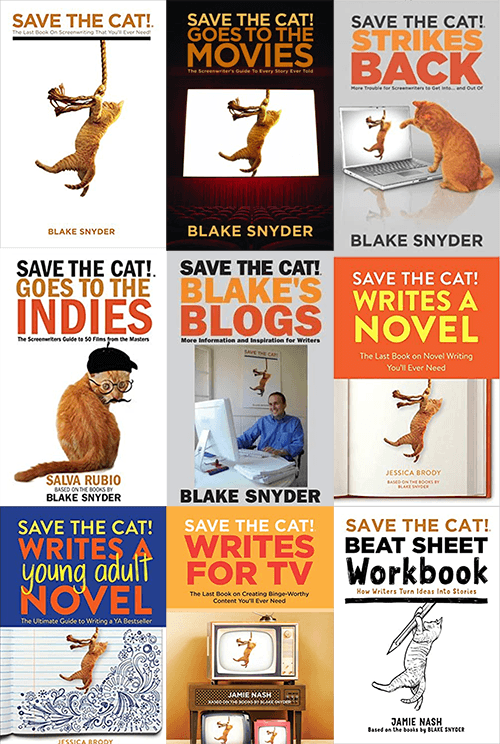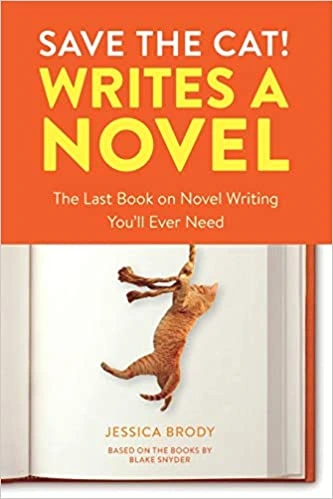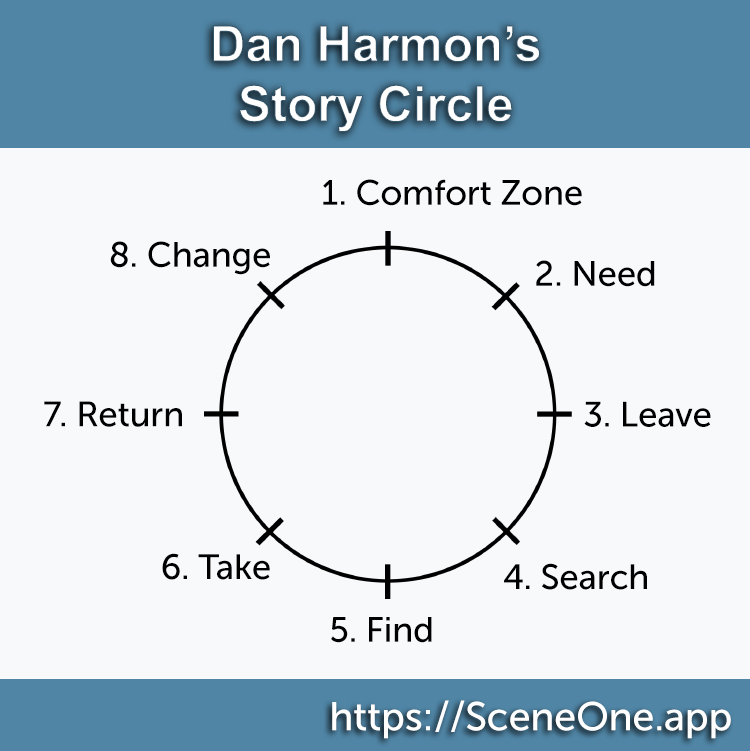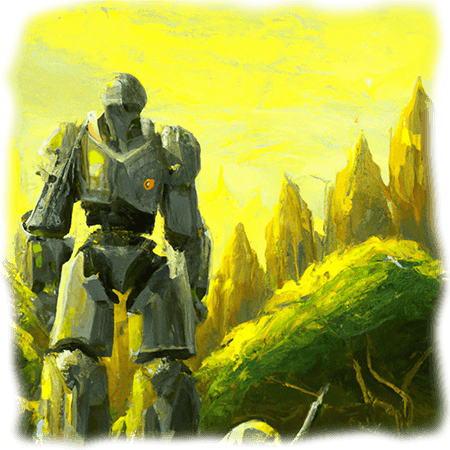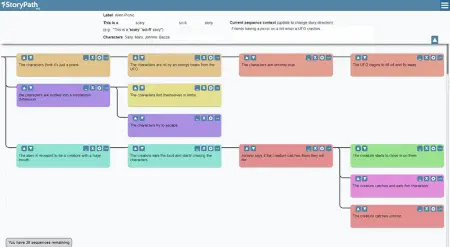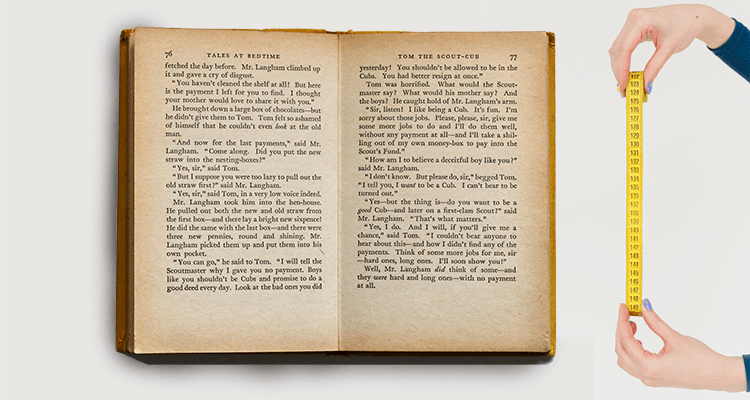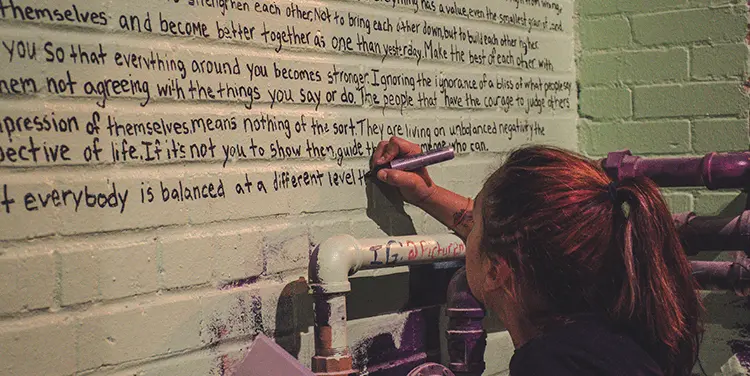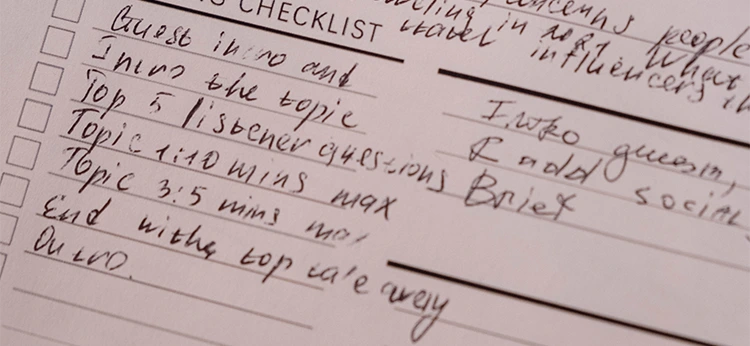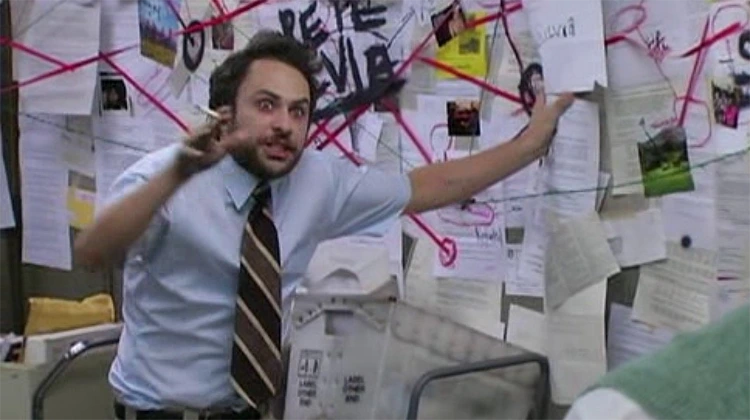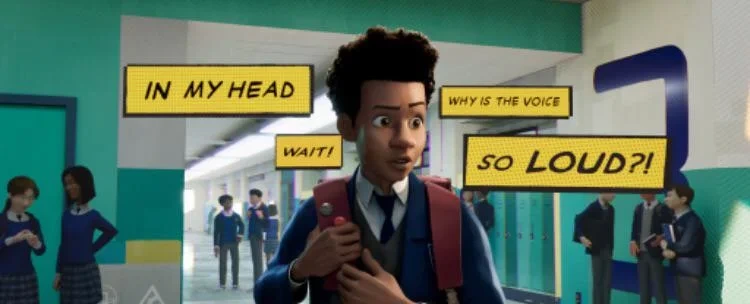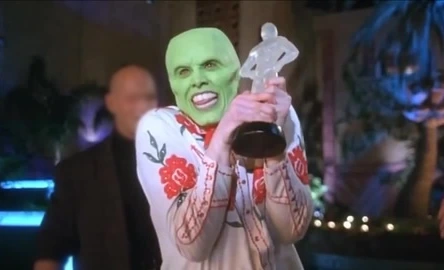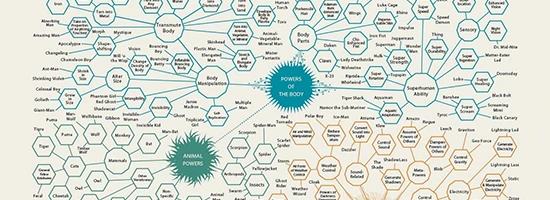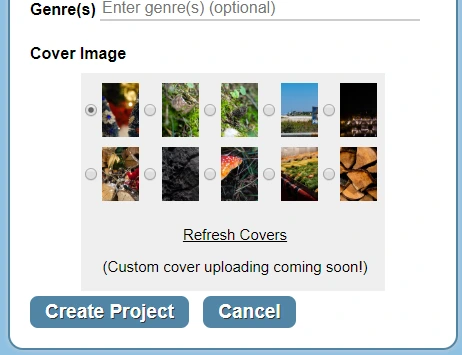A literary agents (often just referred to as an "agent" or a "lit agent") is one of the most important people you'll meet in your professional writing career. You, as an author, probably already know that they're your go-between in the publishing world when it comes to dealing with editors and publishers, but is that all that a literary agent does? What else do they fill their days doing? In this article, we'll explore the responsibilities and duties of literary agents, and how they can help authors navigate the publishing world.

